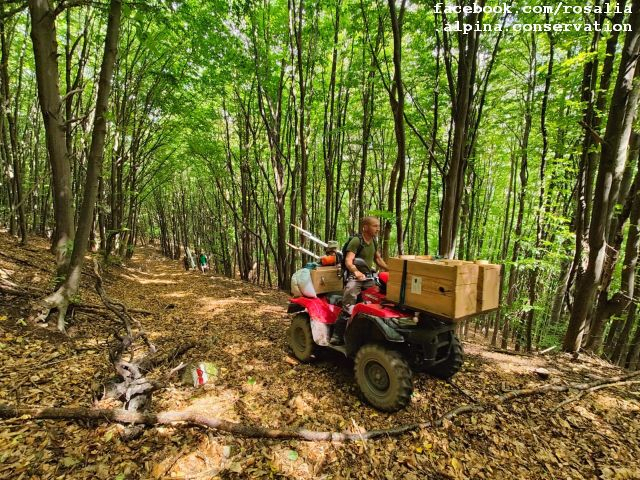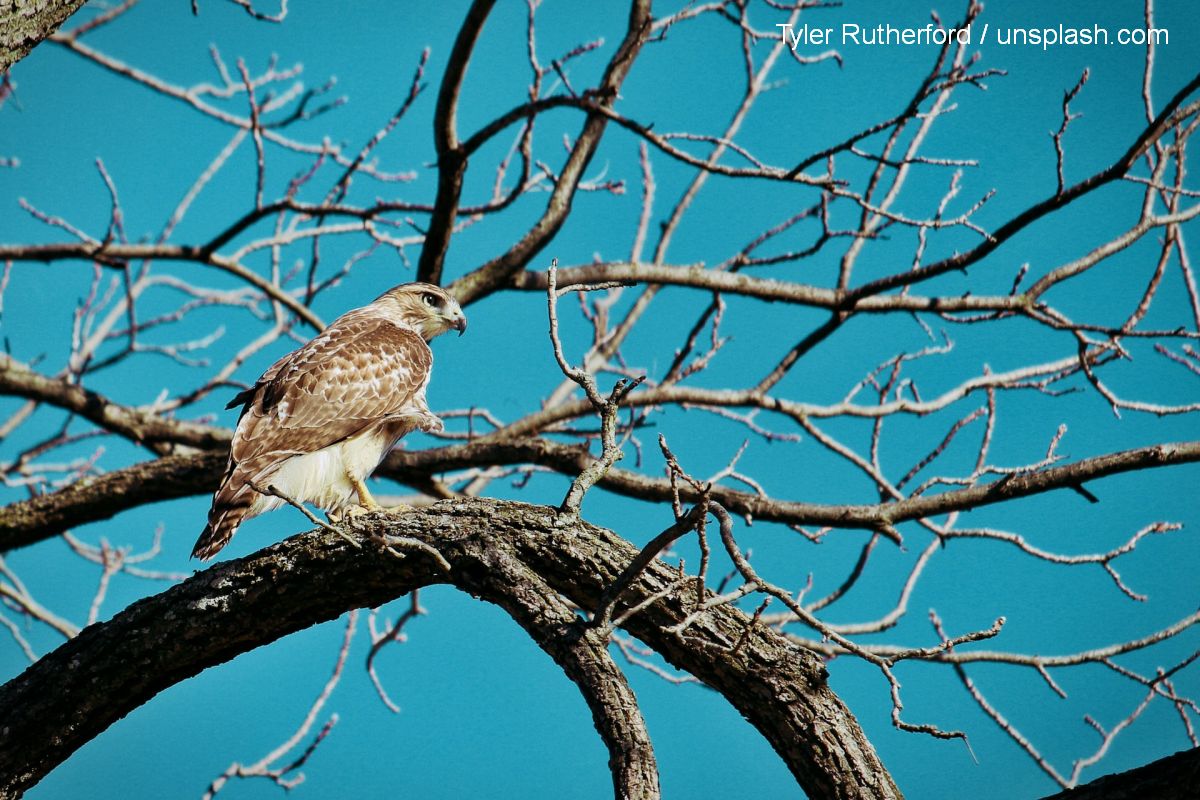The Natura 2000 Directives Rescue Campaign
An online petition, “Alert for Nature, invites EU citizens to a public consultation to save two Natura 2000 Directives

România Internațional, 29.05.2015, 14:00
Losing biodiversity is one of the biggest environmental threats. Many species of birds and animals have gone extinct and habitats are in a degraded condition. For a sustainable management of biodiversity, the EU set up a network of protected areas based on two Directives, issued for the protection of Europes most precious natural areas. Thanks to those two major laws, Europe has more than 26,000 ground and marine sites, thus making the worlds largest network of protected areas, which accounts for about one fifth of the Europes land and around 4% of its sea area.
There are 531 Natura 2000 sites in Romania, covering some 23% of the countrys surface. Romania holds the top position in Europe, in terms of biodiversity, holding the continents last 100% natural ecosystems.
After years of sustained efforts for the preservation and protection of nature in Europe in its entirety, the European Commission has called for the assessment of the two Natura 2000 Directives, in order to find out if they are efficient in terms of environmental protection. For ecologists, that means the slackening of the legislative framework for the preservation of nature and the waste of a legislative and preservation progress that took them a good number of years to achieve. More than 100 NGOs from Europe, among which WWF and the Romanian Ornithological Society have jointly launched a campaign for the rescue of the two directives. The NGOs have called on all citizens who are concerned with the environment to sign the “Alert for Nature online petition.
Ovidiu Bufnila, the Romanian Ornithological Societys PR has told us how important the two nature protection directives are: The Birds Directive was issued in 1970, when it was really needed. Back then, the white-tailed eagle was on the verge of extinction, for instance, and there were only a few pairs left in Europe. Were lucky to have that bird species in the Danube Delta and all along the Danube. It was saddening that such a majestic bird, actually Europes biggest eagle, was on the verge of extinction. Therefore, the Birds Directive was issued. It is a law setting clear-cut objectives as regards the protection of birds and animals in Europe. Then, in 1992, the Habitats Directive was issued, to regulate protected areas. Specifically, its about the habitats of wild animals, the environment and the air we breathe in the forests. Its about pastures and about areas where ecological balance can be restored with tremendous efforts. Therefore, the attack against these two directives can only bring about something very bad for the environment, for health.
Many of the species have been kept alive and habitats have been preserved thanks to preservation projects, representatives of many NGOs say, also drawing attention to the danger posed by the undermining of the two laws. In Romania alone, the two directives provided the legal framework for the protection of such important sites as the Hartibaci Plateau in Transylvania, the Tarcu Mountains, Buila-Vanturarita, Gradistea Muncelului-Cioclovina, the Apuseni Mountains or the Danube Delta.
Ovidiu Bufnila: The white-tailed eagle was on the brink of extinction, whereas now we have around 10 thousand pairs across Europe, not only in Romania, in the Danube Delta and along the river Danube, but also in Norway or France. Also, this bird was successfully reintroduced in Scotland. So little by little we can protect nature and can also bring certain species back to their habitats. It is the case of the brown bear in Spain. There were no brown bears left in Spain, but through the Natura 2000 network, the brown bear has returned there as well. Then we have the martens, the lynx, which disappeared at a certain moment in time. There were only a couple of dozens left, while now there are around 100 pairs. There are many wolves in Romania, but in other countries like Poland the species was on the brink of extinction. So were talking about a pan-European network, which will soon cover the whole of Europe. Thanks to this network, wild animals can recover, because figures look bad. 60% of the animals and plants of European importance are endangered, just like 77% of the habitats. No less than 25% of the sea mammals and 15% of the land mammals are endangered species in the European Union. Were talking about 38% of the freshwater fish, 42% of the freshwater clams, 22% of amphibians, 21 % of reptiles, dragonflies, birds and butterflies, as they are also on the brink of extinction.
In the past decades, Europe lost hundreds of millions of birds, because intensive farming destroyed many habitats. Furthermore, constructions, pollution, the exaggerated exploitation of forests, oceans, rivers, lakes as well as climate change have had a negative impact on animals and their habitats.
Ovidiu Bufnila underlines: “In the last 30 years, the EU lost 420 million birds. The main reason was intensive farming. The agricultural sector alone is responsible for the loss of 300 million birds, so we have 300 million birds less than in 1980. We also lost 60% of a certain species of butterfly. Going by the way farming is done these days, it is clear that it is the main enemy of Natura 2000 sites and nature in Europe. A lot is being done in terms of conservation, for instance a certain species of pelican, the largest in Romania, can still be encountered in the Delta and on the Danube, but at a certain point the population waned. Special projects appeared, and conservation measures were so effective as to bring the species back. Unfortunately, this year we lost 100 such pelicans because of the avian flu. In Bulgaria, where they still nest, ornithologists told us that 26 pelicans died because of the flu.
The benefits brought in by the Natura 2000 network are estimated at 200 to 300 billion Euro a year. Around 1.5 billion Euro a year are benefits from marine sites. Also, Natura 2000 sites attract 2.5 billion visitors a year, and were created between 4.5 and 8 billion jobs within the EU.
The online petition called “Alert for Nature, launched by one of the most important environmental NGOs in Europe, invite citizens from the 28 EU member states to a public consultation organized by the EC on this topic, before 24 July, to save the two Natura 2000 directives.






























